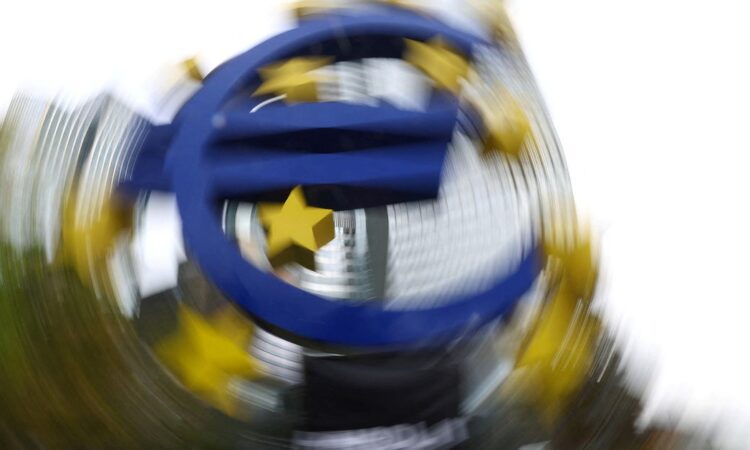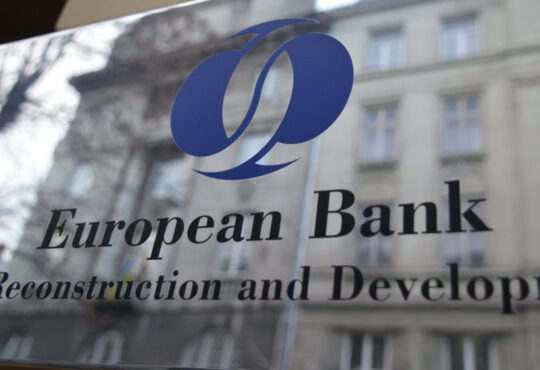
SOFIA, Feb 17 (Reuters) – Bulgaria is scrapping its target to adopt the euro in January 2024 as it fails to meet some criteria, but should seek to join the common currency by 2025 or possibly earlier, Finance Minister Rossitsa Velkova said on Friday.
Bulgaria, the European Union’s poorest member state, wants to join the euro to boost investment and credit security, but a prolonged political crisis has disrupted its efforts.
In January, Croatia become the euro zone’s 20th member.
Bulgaria, meanwhile, is set for its fifth election in two years in April.
Velkova said Bulgaria did not meet the entry criteria on inflation and had not made some necessary legal changes, but that the interim government was ready to file draft laws again once a new parliament convenes after elections on April 2.
“Given that we will not file a convergence report now at the end of February, the target date of Jan. 1, 2024 cannot stay,” Velkova told reporters.
Latest Updates
View 2 more stories
She said Bulgaria could file the report after July if it met the criteria and, if “we have the support of member states, we could join the euro zone no later than Jan. 1, 2025.”
Velkova said EU partners had expressed concerns over Bulgaria’s failure to deliver on commitments, which drove the decision not to file the convergence report this month.
For years, widespread corruption in the Balkan country has been seen as a major obstacle to joining the euro. Last week, the United States and Britain sanctioned eight Bulgarians, including two former ministers, for alleged corruption.
Velkova said the sanctions had not been discussed at her meetings with euro group officials earlier this week.
LEGAL CHANGES NEEDED
With prices soaring in central and eastern Europe, Bulgaria’s EU-harmonised inflation jumped to 14.3% year-on-year at the end of 2022, the eighth highest rate in the bloc.
Before it was dissolved, Bulgaria’s parliament had failed to adopt changes to anti-money laundering laws, to the insurance code and to a trade law needed to join the euro.
Velkova said not having a clear euro entry target in the next half year could have a negative impact on Bulgaria’s credit ratings. But she said the country could still aim to complete euro adoption from mid-2024 if it met the criteria in time.
Adopting the euro is supported by Bulgaria’s main political parties, but has come under fire from some pro-Russian factions and has lukewarm backing among the public, with polls last year showing falling support.
Many people fear higher prices from a switch to euros, something that was seen in Croatia.
Reporting by Tsvetelia Tsolova
Writing by Alan Charlish and Jason Hovet
Editing by Kirsten Donovan and Mark Potter
Our Standards: The Thomson Reuters Trust Principles.




